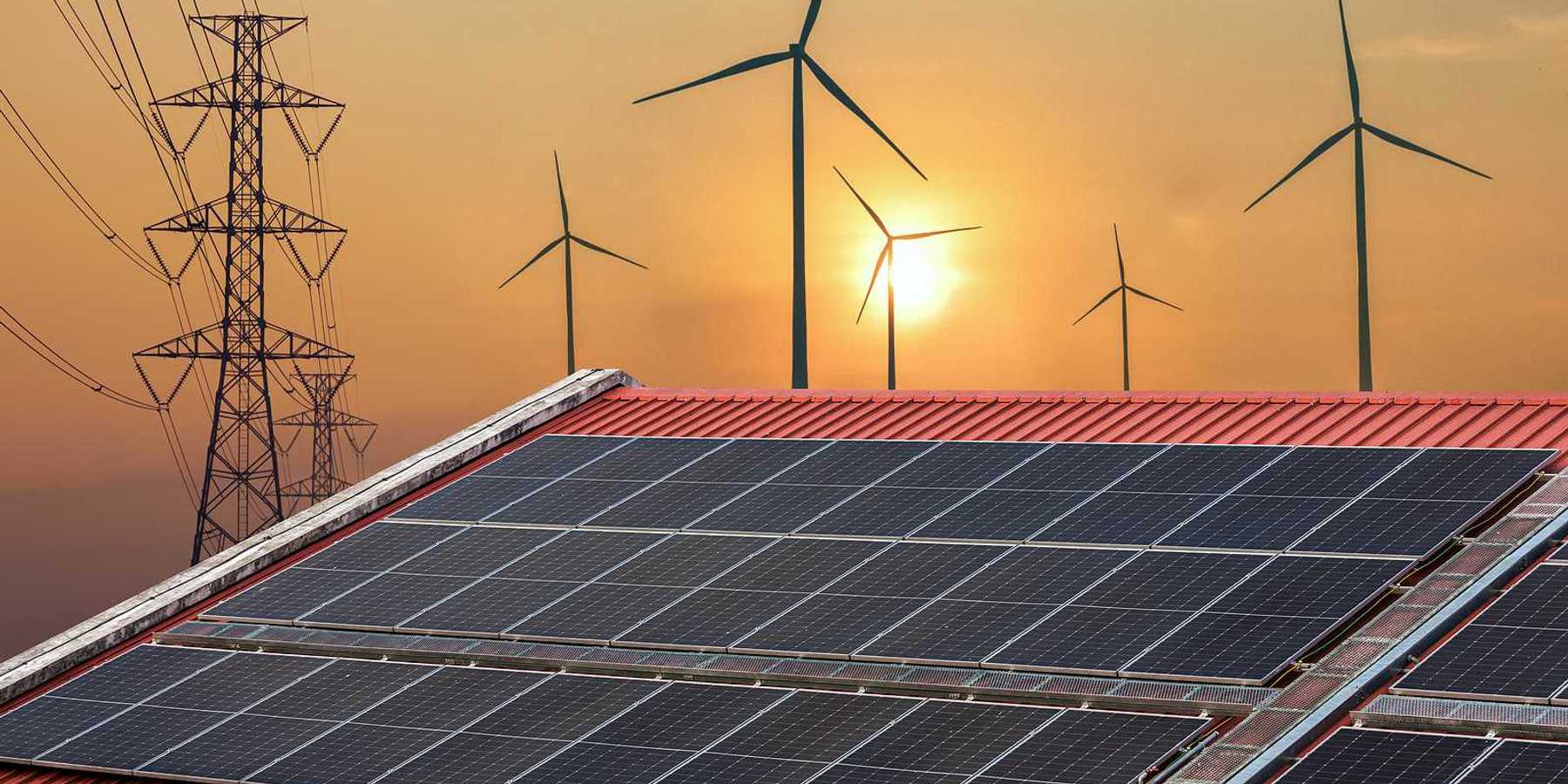07 June 2024
Tiny steps to reduce your exposure to microplastics
Microplastics, pervasive in our daily lives, can now be found in nearly every part of the human body, raising concerns about potential health risks.
Sarah Sloat reports for The New York Times.
In short:
- Microplastics, found in food, air, and water, are hard to avoid but reducing processed foods and using alternatives to plastic can help lower exposure.
- Plastic items like bottles and containers release more microplastics when heated; consider using glass for storage and preparation.
- Household dust and clothing shed microplastics; regular vacuuming with HEPA filters and mindful laundry practices can reduce inhalation risks.
Key quote:
“You’re not going to get to zero, but you can reduce your levels.”
— Tracey Woodruff, professor at the University of California, San Francisco
Why this matters:
Reducing microplastic exposure is important for long-term health, as research suggests links to inflammatory bowel disease and heart complications. Taking simple steps can mitigate risks while scientists work to understand the full impact of microplastics on human health. Read more: A plastic recipe for societal suicide.













